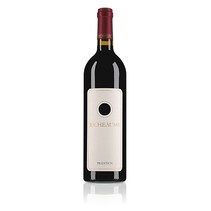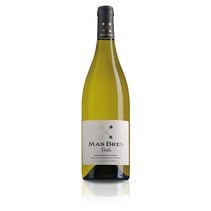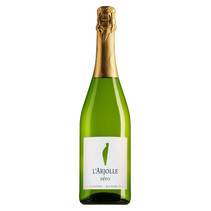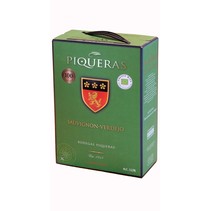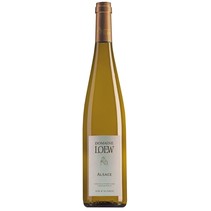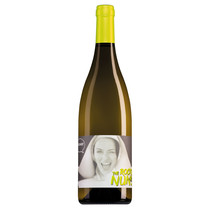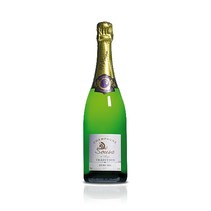Organic
- In NL Gratis verzending bij €50,-
- Belgie gratis verzending bij € 75
- Deutschland versandkostenfrei ab € 75
The tastiest organic wine in Dordrecht
Looking for a nice organic wine? Then you are at Boonstoppel Wijnen | The Wine Portal at the right place. With over 100 organic wines from around the world, you have plenty of choice. For years you can come to us for the tastiest affordable organic wine. Easily order your favorite organic wine online. If you cannot find a solution, please feel free to contact us and we will help you further. Or visit our wine shop in Dordrecht.
What actually makes organic wine organic?
To explain what organic wine is, it is good to know what the term “organic” actually means. Organic is much more than just a quality mark! The term “organic” is protected by law and the guidelines for organic products and cultivation are laid down in law. Even if a product contains the word “bio”, “eko”, “eco” or “organic”, it must meet the requirements for organic. That is a big difference with other green labels and claims, such as “fair trade” or “sustainable”. These quality marks were created by private bodies or they are simply marketing terms. The organic method, on the other hand, is laid down by law and producers, including winegrowers, have to adhere to this law and guidelines.
They are regularly checked by the inspection body in their country. In the Netherlands, the independent inspection body SKAL also checks whether importers of organic products comply with the rules. An organic wine is therefore checked at least twice before it enters the market. You can recognize organic products, including organic wine, by the European Organic quality mark. Only producers under the control of the organic control body in their country are allowed to use this label.
Making organic wine is a way of working
The organic quality mark is the guarantee that organic wine is really organic. But for winemakers that quality mark is of course not the starting point. They all work organically because they believe in the philosophy of organic farming.
Organic wines are made with respect for nature, without using chemical pesticides and without fertilizers. Organic wines are therefore purely natural. Our winegrowers are convinced that only a living vineyard can produce vibrant wines and so they do everything they can to maintain the natural balance in their vineyards so that the fruit is and remains naturally healthy.
Biodynamic winegrowers even go a few steps further. More about their method later in this article.
What about sulfite in organic wine?
The use of sulphite (sulfur) is also limited in organic viticulture. Sulphite occurs naturally in wine and helps to preserve the wine, but it may also be added legally to make the wine even better shelf life. In conventional wine, a maximum of 160 mg / l may be added for red wine and a maximum of 210 mg / l for white wine. However, the organic rules state that the sulfite content in organic wine must be at least 30 to 50 milligrams per liter lower than in conventional wines.
The good reader will see that I am talking about adding sulphite. Wine naturally always contains sulphite, so you can safely question labels that claim that there is no sulphite in the wine. The only correct wording is that no sulphite has been added to a wine.
In general, more sulphite is added to white wine than to red wine. On the one hand, this has to do with the preservatives contained in blue grapes (which means that red wine needs less sulphite) and on the other hand with the fact that white wine tends to oxidize earlier. A white wine without added sulphite will quickly turn brown, smell musty and taste bad.
Anyone who cannot tolerate sulphite or wants to consume little sulphite is better off opting for organic wine than for conventional wine. There are people who are allergic to sulphite.


